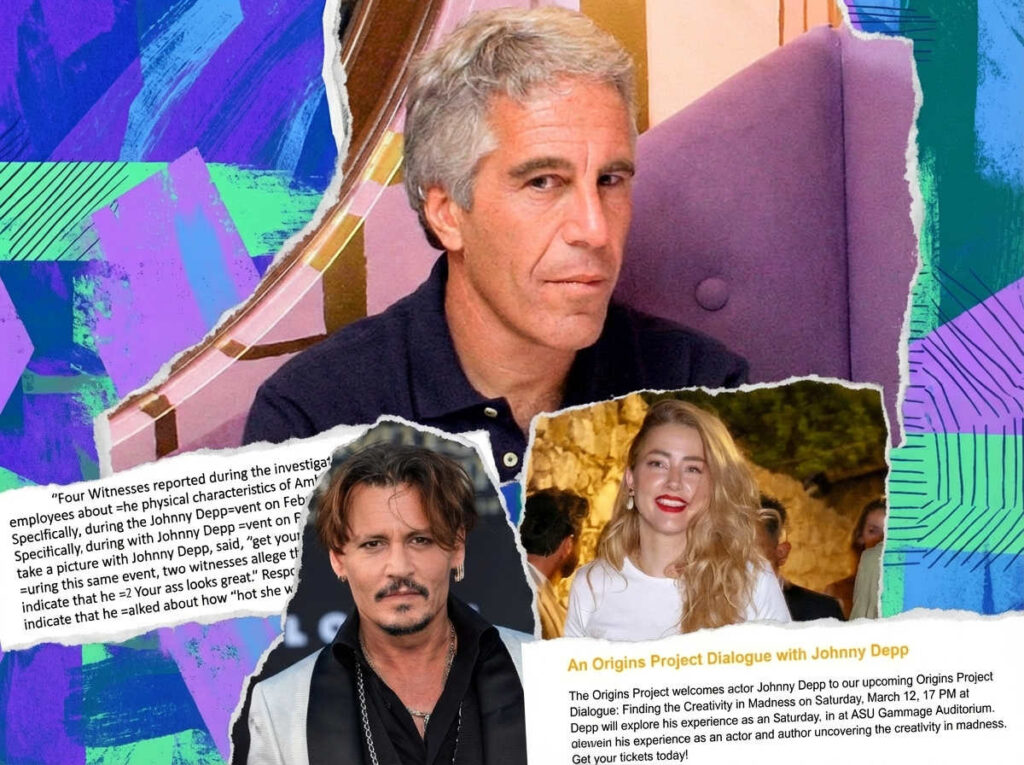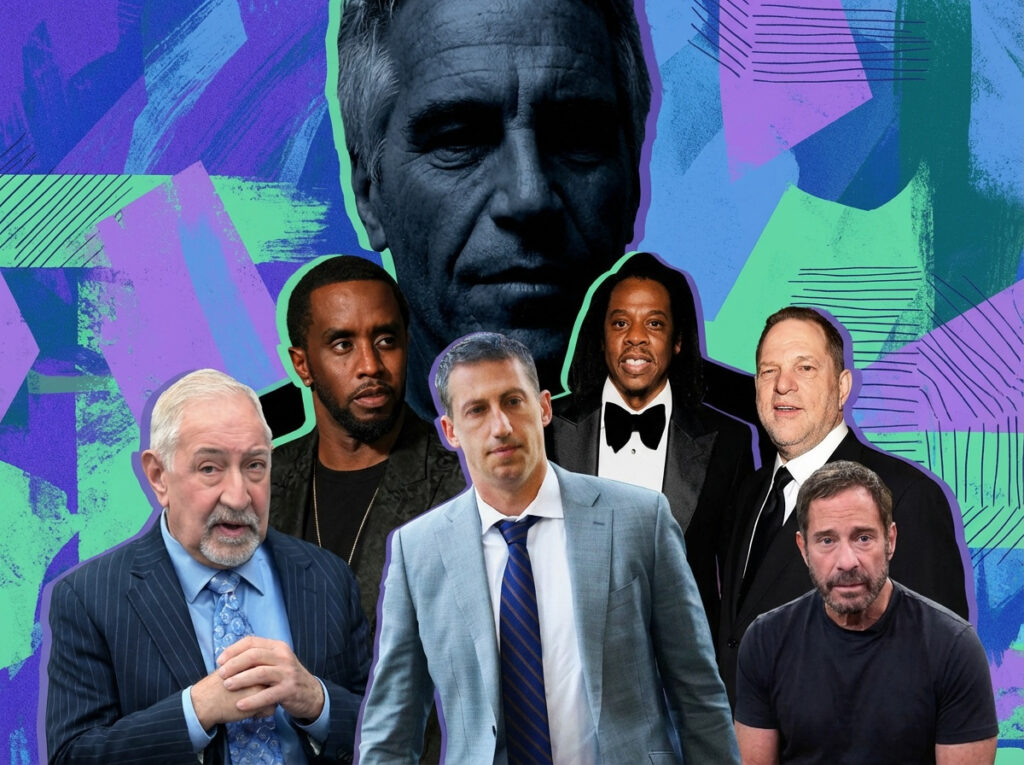---
In the wake of Sean "Diddy" Combs’ trial, the conversation around sexual violence in the hip-hop industry has reached a critical juncture. With accusations ranging from physical abuse to coercion, the trial has spotlighted not only Combs' behavior—denied by him—but also broader systemic issues within an industry endorsed by its loyal fan base yet criticized for its treatment of women.
During court proceedings, testimonies revealed a troubling dynamic in which Combs allegedly exercised control and manipulation over his partner, Casandra Ventura (known as Cassie). Her courageous allegations of abuse and coercion have ignited a call among campaigners and industry insiders for a MeToo movement tailored specifically to hip-hop, mirroring the social reckoning achieved in Hollywood.
Cristalle Bowen, a rapper and advocate for women's rights in music, emphasizes the entrenched misogyny that leaves women vulnerable to abuse. She notes the risks faced by women artists—often the only female presence in male-dominated spaces—where silence becomes a survival mechanism against backlash. The music industry's culture, rife with non-disclosure agreements and economic dependence on powerful moguls, perpetuates a cycle of abuse and complicity.
As the trial concluded with Combs being found guilty of transportation for prostitution but acquitted of more severe charges, the underlying question remains: Why has this reckoning taken so long? Activists assert there exists a "playbook" that enables the abuse to go unreported, keeping the powerful safe while silencing survivors.
Yet, this moment could serve as a catalyst for change. Following similar movements in other industries, there is a push for clearer accountability and protective measures for women in music. Legislative changes, particularly in New York and California, could also pave the way for survivors to unveil their stories without fear of retaliation.
However, the ramifications of speaking out can be severe for women in the industry. Cassie’s initial lawsuits met with backlash and ridicule—highlighting the societal challenges that discourage victims from voicing their experiences. The scrutiny faced by accusers often complicates their pursuit for justice, hinging on public sentiment that can shift dramatically.
This current environment demands critical reflection within the hip-hop world regarding misogyny, accountability, and the complexity of race. While Diddy has become a focal point of scrutiny, the revelations surrounding him are a reflection of a broader culture that must be addressed. Though many hope that this will inspire tangible changes within the industry like those seen in Hollywood, experts caution against viewing Combs’ trial as an isolated incident—an imperative exists to confront the systemic issues that allow such behavior to persist.
As discussions unfold, there is a growing recognition of the need for both accountability and a supportive framework for survivors. Hopes are expressed that the evolution of the industry could lead not only to a reckoning but also to meaningful reforms that protect and empower artists who have long been marginalized.
If hip-hop seeks true liberation and a genuine culture shift, the time for its own MeToo moment is now.
In the wake of Sean "Diddy" Combs’ trial, the conversation around sexual violence in the hip-hop industry has reached a critical juncture. With accusations ranging from physical abuse to coercion, the trial has spotlighted not only Combs' behavior—denied by him—but also broader systemic issues within an industry endorsed by its loyal fan base yet criticized for its treatment of women.
During court proceedings, testimonies revealed a troubling dynamic in which Combs allegedly exercised control and manipulation over his partner, Casandra Ventura (known as Cassie). Her courageous allegations of abuse and coercion have ignited a call among campaigners and industry insiders for a MeToo movement tailored specifically to hip-hop, mirroring the social reckoning achieved in Hollywood.
Cristalle Bowen, a rapper and advocate for women's rights in music, emphasizes the entrenched misogyny that leaves women vulnerable to abuse. She notes the risks faced by women artists—often the only female presence in male-dominated spaces—where silence becomes a survival mechanism against backlash. The music industry's culture, rife with non-disclosure agreements and economic dependence on powerful moguls, perpetuates a cycle of abuse and complicity.
As the trial concluded with Combs being found guilty of transportation for prostitution but acquitted of more severe charges, the underlying question remains: Why has this reckoning taken so long? Activists assert there exists a "playbook" that enables the abuse to go unreported, keeping the powerful safe while silencing survivors.
Yet, this moment could serve as a catalyst for change. Following similar movements in other industries, there is a push for clearer accountability and protective measures for women in music. Legislative changes, particularly in New York and California, could also pave the way for survivors to unveil their stories without fear of retaliation.
However, the ramifications of speaking out can be severe for women in the industry. Cassie’s initial lawsuits met with backlash and ridicule—highlighting the societal challenges that discourage victims from voicing their experiences. The scrutiny faced by accusers often complicates their pursuit for justice, hinging on public sentiment that can shift dramatically.
This current environment demands critical reflection within the hip-hop world regarding misogyny, accountability, and the complexity of race. While Diddy has become a focal point of scrutiny, the revelations surrounding him are a reflection of a broader culture that must be addressed. Though many hope that this will inspire tangible changes within the industry like those seen in Hollywood, experts caution against viewing Combs’ trial as an isolated incident—an imperative exists to confront the systemic issues that allow such behavior to persist.
As discussions unfold, there is a growing recognition of the need for both accountability and a supportive framework for survivors. Hopes are expressed that the evolution of the industry could lead not only to a reckoning but also to meaningful reforms that protect and empower artists who have long been marginalized.
If hip-hop seeks true liberation and a genuine culture shift, the time for its own MeToo moment is now.




















